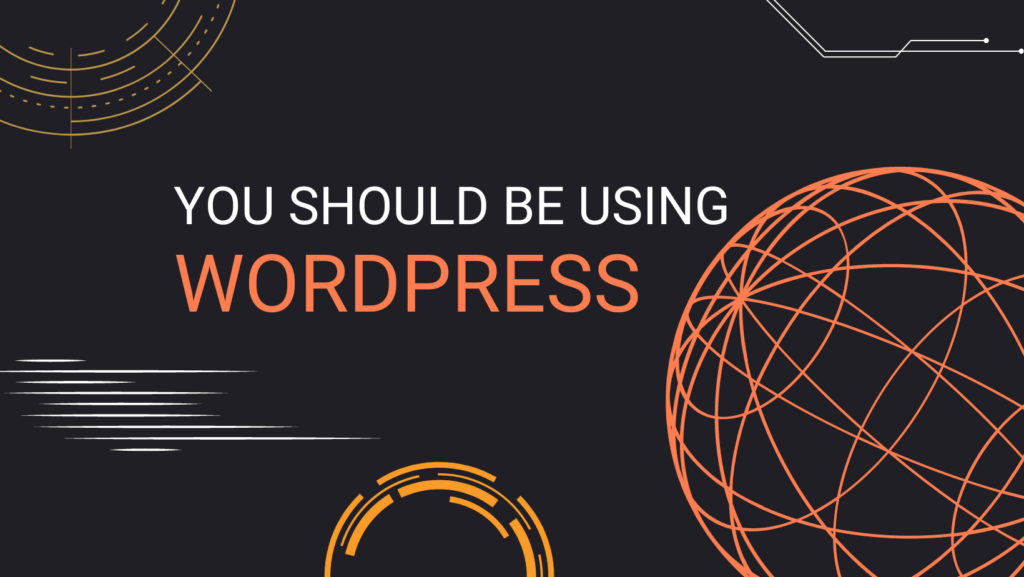Last month, Vox Media announced they would be migrating from a custom in-house CMS to WordPress for their websites including New York Magazine, The Verge, and Polygon. We’ve been using and promoting the use of WordPress for over a decade and its great to see more companies coming around to the same conclusions.
Today, we build the majority of our websites using WordPress and we eagerly recommend it for businesses in every industry.
With WordPress you control your website.
The best alternatives to WordPress right now are all hosted solutions such as Squarespace, Webflow, and Wix. When you opt for these platforms, your website becomes tethered to their service. Should they cease operations, or if you choose to sever ties, migrating your website would entail a complete rebuild.
WordPress provides flexibility that’s hard to overlook. Its architecture allows your site to be effortlessly transferred between different hosts or even to your personal server. This grants you the independence to collaborate with your preferred vendors, thereby enhancing your control and choices in the digital space
WordPress can be customized to do anything.
For years, WordPress has reigned supreme in the digital realm, cultivating a vast and vibrant community. This has a couple of great advantages. Need professional help with your site? There are plenty of developers who know WordPress inside out and are ready to be hired.
This community support also fuels the platform’s innovation. WordPress stays ahead of the curve by promptly embracing new features, thanks to the continuous development of plugins by its community. At the time of penning this article, the WordPress plugin repository alone boasts nearly 60,000 plugins, with even more available in private marketplaces. The opportunities for customization and functionality seem almost limitless, making WordPress a dynamic and adaptable choice for anyone looking to build a strong web presence.
WordPress can be made just as secure as any system.
WordPress’s critics often highlight security vulnerabilities as a significant drawback and a compelling reason to avoid the platform. With an estimated footprint on over 800 million websites, WordPress stands unchallenged as the most popular system, leaving its nearest competitor, Shopify, trailing with 70 million websites.
This immense popularity, unfortunately, makes WordPress a tantalizing target for malicious actors. Security is indeed a concern that cannot be taken lightly. However, this popularity also spurs a robust ecosystem of security services and plugins tailored for WordPress, enabling users to fortify their sites effectively.
Some might even argue that WordPress’s customizable nature makes it potentially more secure than its hosted competitors. This flexibility in meeting specific security needs is evident in the varied sectors that trust the platform, including hospitals, banks, and government agencies. Their reliance on WordPress demonstrates that, with the right precautions, the platform can be as impervious to attacks as any other system.
Bottom Line
While there are numerous commendable alternatives to WordPress, our continuous assessment of these options for our clients reaffirms our finding, year after year, that WordPress maintains its position as the industry leader.



